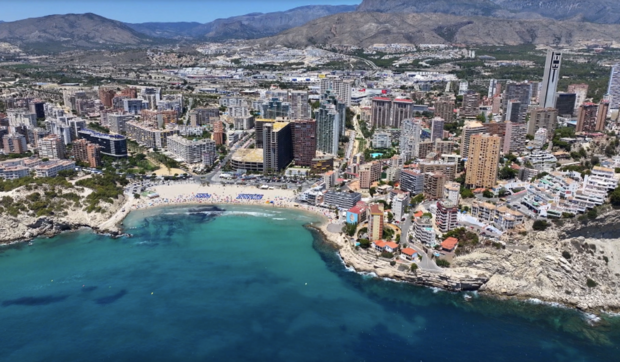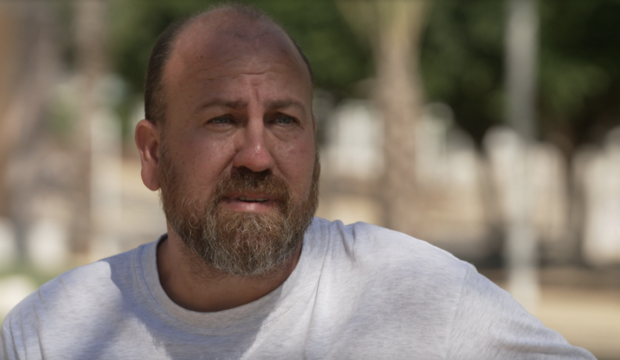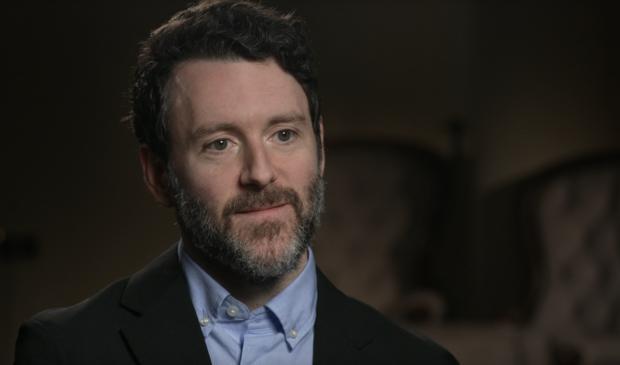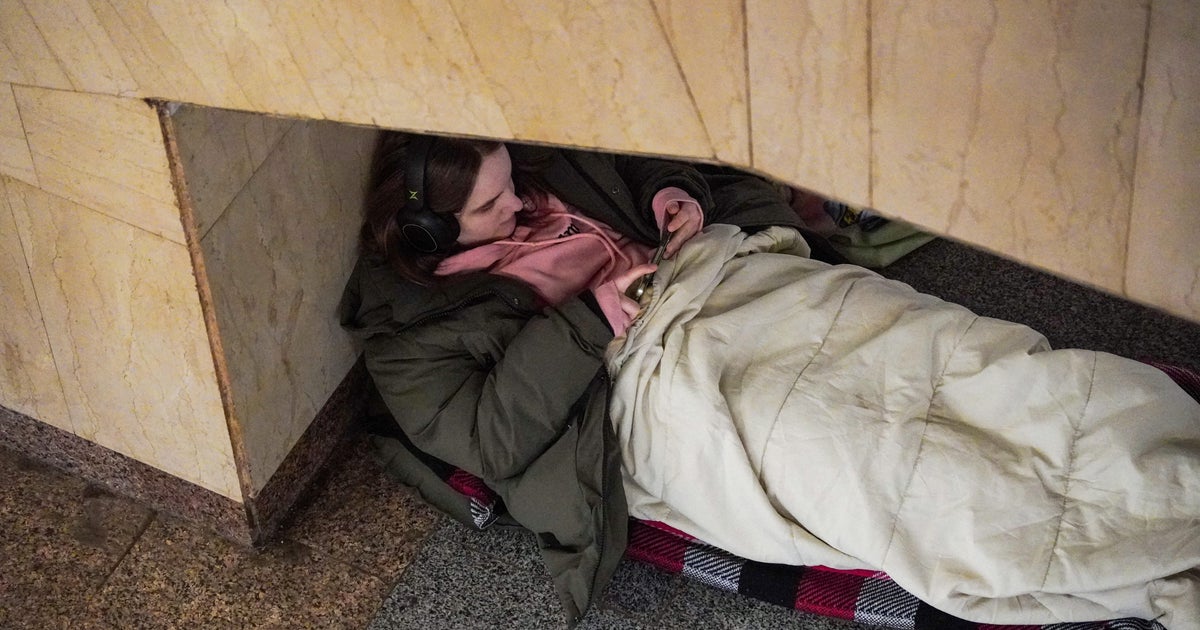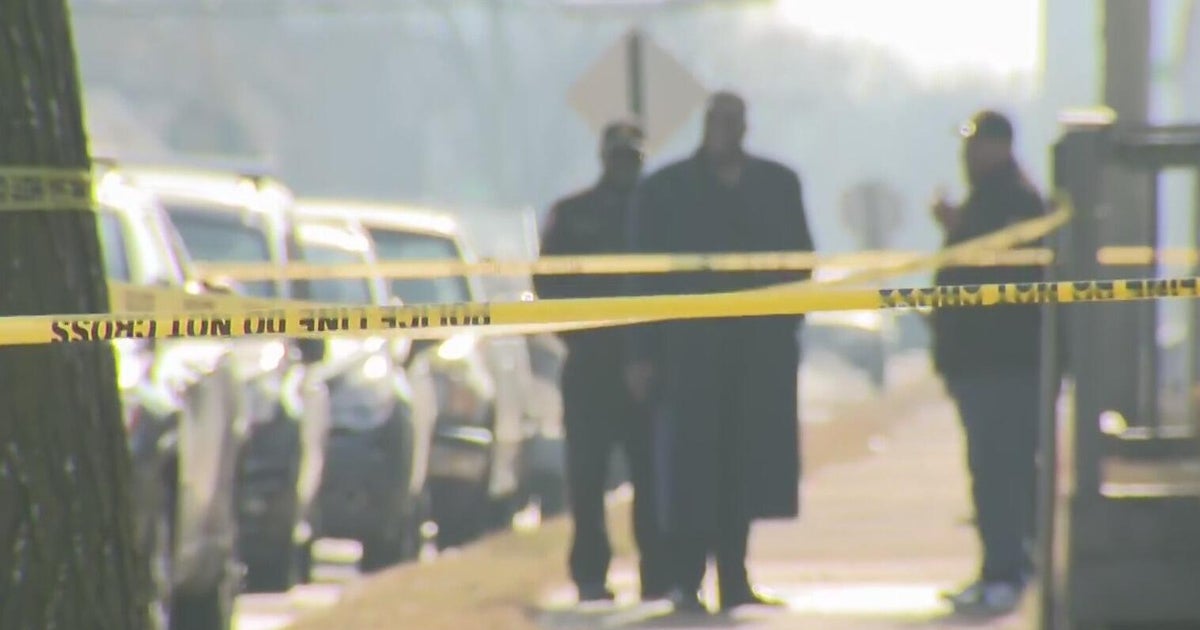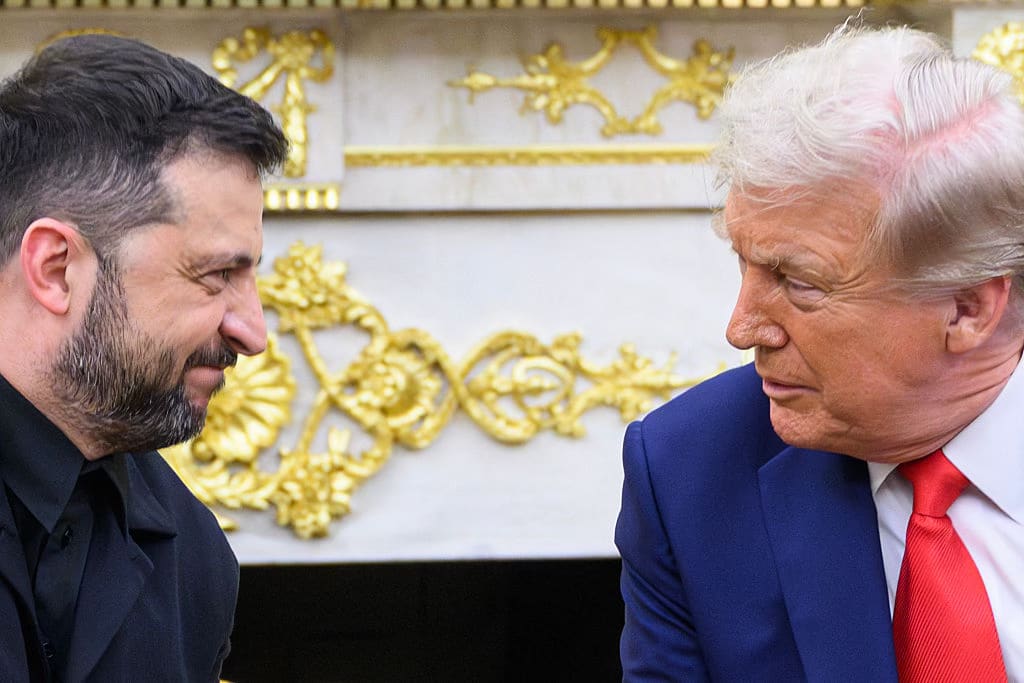He defected by flying a Russian helicopter into Ukraine. He was found dead in Spain.
Maxim Kuzminov was gunned down in a Spanish seaside town whose name translates to joyful village.
The 28-year-old Russian made headlines last year when he defected from Russia and flew a helicopter into Ukraine. He made headlines again in February when his body was found in a parking garage in Villajoyosa, a resort town on Spain's Mediterranean coast.
Who was Russian defector Maxim Kuzminov?
Kuzminov was a Russian military helicopter pilot until he was recruited online by Ukranian intelligence officers. On Aug. 9, 2023, he flew a helicopter below the radar so he wasn't detected as he crossed the frontlines from Russia into Ukraine. He then handed over the helicopter, sensitive military equipment and top secret Russian intelligence to the Ukrainian military.
"What is happening now is simply a genocide of Ukrainian people, both Ukrainian and Russian people," Kuzminov said during an interview on Ukranian television after his defection. "I did it because I didn't want to be a part of these crimes. I know exactly how this will end, Ukraine will definitely win this war because its people are very united."
Ukraine gave Kuzminov half a million dollars and a new Ukrainian identity. Kuzminov's Ukrainian handlers warned him not to leave the country because of fears Putin would send a Russian kill team after him.
But Kuzminov didn't listen, and headed to Villajoyosa, where he bought an apartment in a high-rise complex. Many of the year-round residents in the Spanish town are from Russia and Ukraine.
Kuzminov did not live a quiet life in Spain. A neighbor said Kuzminov often drank at a local bar and was heard bragging about who he really was.
The shooting death of Maxim Kuzminov
On Feb. 13, 2024, building handyman Ruben Ferrándiz was cleaning the garage of the high-rise building where Kuzminov lived when he heard a car speeding. Then Ferrándiz saw a body face up on the pavement. He called for help and watched as medics and police examined Kuzminov's bullet-riddled body.
Security cameras recorded the murder. Footage showed two assassins enter the garage and hide in the backseat of their car behind tinted glass. They waited five hours for Kuzminov to show up to his parking spot, then sprayed him with bullets.
Ferrándiz said he never heard any gunshots — just the sound of the fleeing car. He believes the killers used a silencer.
The assassins fled the scene and burned the getaway car with an industrial grade accelerant. This would have destroyed any GPS tracking in the car, hiding their trail. The remnants were discovered on the other side of a tunnel in a place so isolated the killers likely would have needed help from locals to know the location.
Kuzminov's death was celebrated on Russian state television. Former Russian Prime Minister Dmitry Medvedev was blunt when reporters asked about Kuzminov's death.
"For a dog, a dog's death," he said in Russian.
Who killed Maxim Kuzminov?
Michael Weiss, the U.S. editor at The Insider, an investigative magazine created by Russian journalists in exile, said he learned that the ammunition used in the shooting was Russian.
"It's leading back to Moscow, which they want you to know that," Weiss said. "You know, they want to be able to say, 'You can't prove it was us, but come on, let's be honest. You know it was us.'"
Local authorities in Villajoyosa are no longer in charge of the investigation into Kuzminov's death. That's now in the hands of the Spanish civil guard, the equivalent of the FBI. There's a gag order on the case. 60 Minutes requested interviews with half a dozen local and federal Spanish officials about the Kuzminov case. No one would talk.
Authorities have said very little about the investigation publicly, except to issue a stern warning: if it is proven that Russia is behind Kuzminov's death, Spain will issue a forceful response.
But Spain has done nothing publicly yet.
Weiss believes Spain isn't addressing the shooting more publicly because it would lead to panic.
"If you're a tourist, do you want to vacation in Alicante knowing that you might be collateral damage in some Russian assassin's hit?" Weiss said.
A source close to the Spanish investigation gave 60 Minutes photos of men whom they say were identified by Spanish authorities as "persons of interest" who were in Spain at the time of Kuzminov's murder. 60 Minutes has learned that one of the men is a Russian former KGB officer and another, his relative, is a Russian police colonel. It's yet another piece of evidence that the Russian government may be involved.
Weiss is convinced Russian Special Services killed Kuzminov.
"I don't think there's any doubt in anyone's mind, least of all Ukrainians or Russians, that he was liquidated by Moscow," Weiss said.
Pictures of "Kuzminov" surface
In a bizarre twist, Kuzminov appeared to rise from the dead five months after he was killed. Pictures appeared over the summer on social media showing a man who looked like Kuzminov at an air show.
But 60 Minutes has learned it was likely a Ukrainian intelligence officer wearing an elaborate disguise, including a mask made to look nearly identical to the Russian defector. The Ukrainians were likely conducting their own misinformation campaign, trying to beat the Russians at their own game. Their goal was making the world think Kuzminov had survived the assassination attempt and was still working for Ukraine — a signal to other Russians that they would be safe if they too defected.
The real Kuzminov was buried in an unmarked grave in southern Spain, sources say.
Putin goes after his enemies in the West
There have been more than 60 mysterious deaths of Putin's enemies in Russia and Europe since the Ukraine war began. Russia has also been implicated in connection with sabotage attacks, including a firebombing at a German factory owned by a leading weapons company, an attack on one of the largest shopping malls in Poland, and the cutting of an underwater gas pipeline in the Baltic Sea.
Last month, the head of MI5, Britain's domestic intelligence agency, said Russia is on a "sustained mission to generate mayhem on British and European streets" as part of what U.S. intelligence officials call Putin's war on the West.
European officials have been increasingly on edge about how much Putin gets away with. The European Union last month announced a new type of sanction aimed at the organizations and people that carry out violence for Russia. If it's proven that any Spanish or EU citizens helped Kuzminov's killers escape, then the sanctions could be aimed at them.
Jovita Neliupšienė, ambassador of the European Union to the United States, believes the situation would be even worse without the sanctions and diplomatic efforts.
"The war would be in a different scale and a different attitude if we don't have the sanctions," she said.
What Russia is doing should serve as a warning for countries all around the world, Neliupšienė said.
"We have to be vigilant," she said. "Every one of us."

